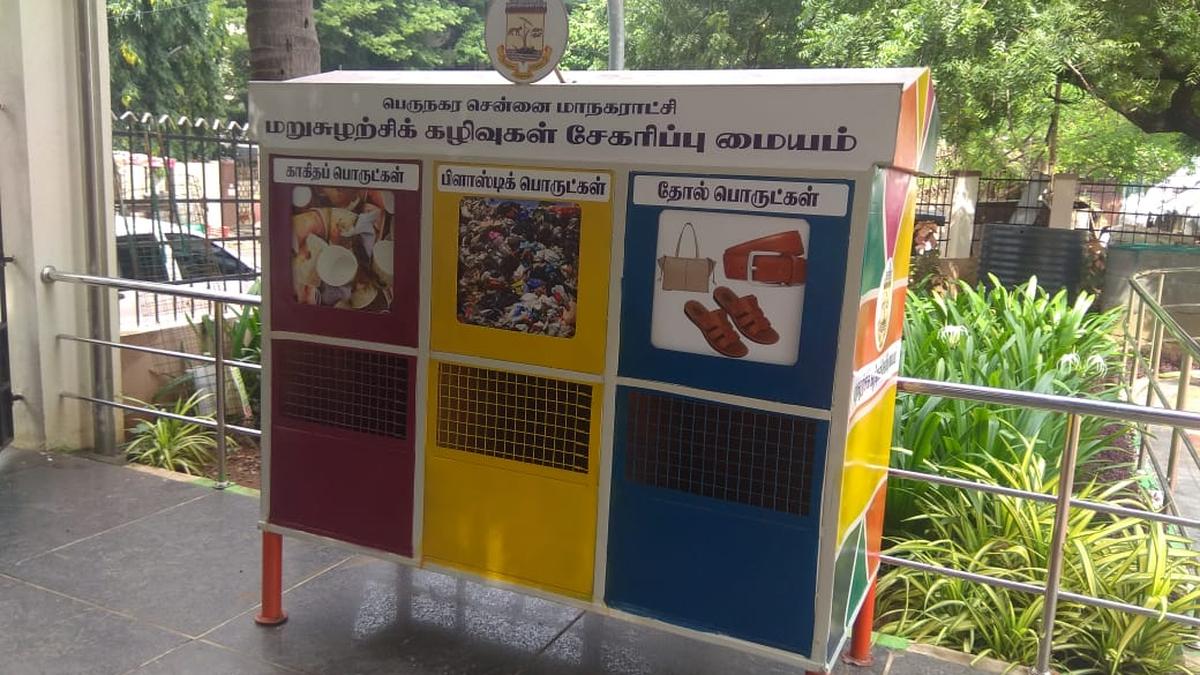
How does Chennai handle its dry waste
The Hindu
Non-biodegradable garbage can be quite a handful when residents seek to tackle it. Here are helpful voices that present various aspects in the process of handling it
The necessity of source segregation
We insist on three things before getting into an MoU with a residents association — basic three-way segregation, on-time payment and one-year contract. If the RWA does not ensure their residents segregate the waste then we send photos of mixed waste for the management committee to take action.
Reasons for poor waste management are many. The common ones are change of association committee and the new team being unable to match the enthusiasm of the former team; and relocation of resident volunteers. We do everything we can to address such nagging issues but if we still get mixed waste, we terminate the services. We prefer to start engaging with the community after they have initiated source segregation. In our model we do not pay the residents association any money in return for recyclable waste. Instead they pay us a monthly fee ranging from ₹ 15,000 to ₹30,000 which depends on the size of the community, amount of waste collected and proximity to dry waste facility.
There is not much demand for recyclables, so it does not make sense to pay people. Besides, there is labour involved in sorting the dry waste into multiple categories.
I. Priyadarshini, founder, WasteWinn
Sorting helps at many levels
We cannot match the rates offered by the local raddiwala but we do not say no to any dry waste (hard and soft) given to us. When a gated community or group of individuals in a colony segregate their dry waste into different categories, the pay back is higher. Even if residents do not sort the waste, we pick up the waste but do not pay them. This is taken to our material recovery facility in Red Hills where we ensure every item is sent for recycling.





















 Run 3 Space | Play Space Running Game
Run 3 Space | Play Space Running Game Traffic Jam 3D | Online Racing Game
Traffic Jam 3D | Online Racing Game Duck Hunt | Play Old Classic Game
Duck Hunt | Play Old Classic Game











